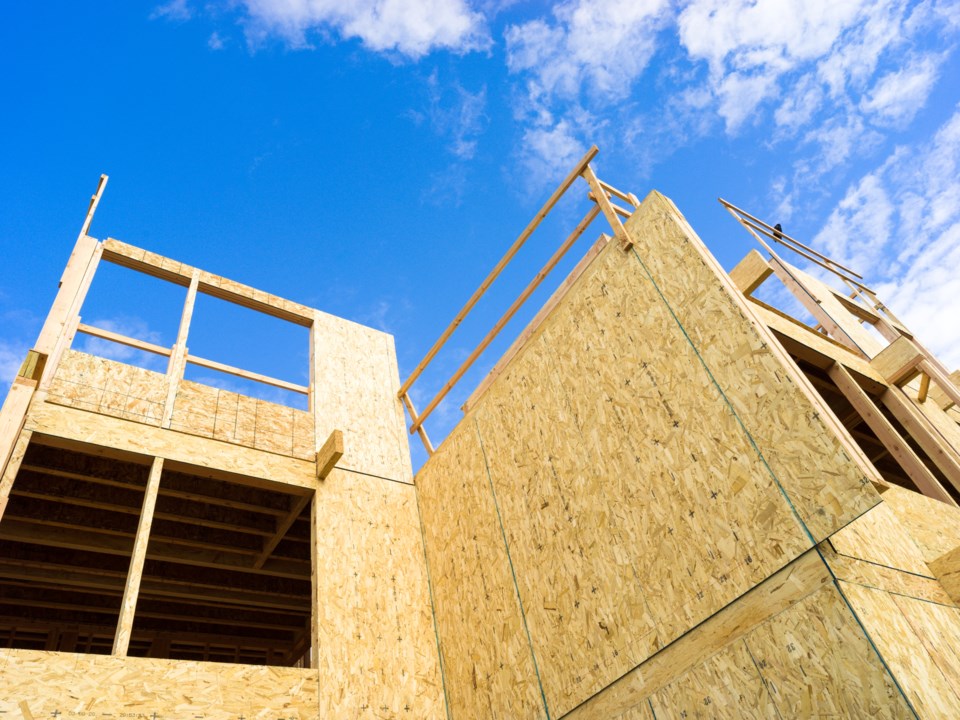The city is on track to meet its projected need for new housing, so what’s the point of Bill 23, the province’s More Homes, Build Faster Act?
Ward 9 Coun. Deb McIntosh brought up this point during this week’s city council meeting, at which she said the bill is “not necessary” in Sudbury.
As its name implies, the bill is aimed at getting more homes built faster in Ontario, which it aims to do by making various changes to how municipalities handle housing developments. Bill 23 will result in approximately $7.5 million the city would typically collect in development-related fees no longer being collected during the next three to five years.
With the same infrastructure work required regardless of where its funding comes from, city CAO Ed Archer said, “More taxpayer funding for growth-related infrastructure will be required.”
News that a $7.5-million expense is shifting from developers to the general tax base didn’t receive a positive response from some city councillors earlier this week.
“It’s incredibly unfair to put the cost of growth on the tax levy and take it away from the developers,” McIntosh said, arguing that the market drives housing prices, not development charges, and enough homes are being built under the current fee structure.
According to a report by city senior planner Ed Landry, the city’s latest five-year projection anticipates Greater Sudbury needing approximately 3,800 new residential units of various types and levels of affordability over the next 10 years.
Approximately 6,300 residential units have been approved through draft approved subdivisions and site plans that have yet to be constructed, and the city has issued building permits for an average of 380 new residential units annually for the past five years.
With “sufficient supply of existing residential development approvals” and a track record of seeing housing built, Landry anticipates having “no issue” meeting the anticipated need of 3,800 units in 10 years.
During this week’s city council meeting, the city’s elected officials approved a series of resolutions to work toward full compliance with Bill 23, as mandated by the province.
Participating in the meeting virtually from the Rural Ontario Municipal Association AGM and Conference in Toronto, Ward 6 Coun. René Lapierre said Bill 23 was “the topic” of the day among the province’s municipal leaders.
“We’ve got to keep lobbying that this is incorrect and how do we get the province to help,” he said. “We’re not alone in this.”
Mayor Paul Lefebvre told council, the Ontario Big City Mayors group, of which he is a member, is on the case in advocating on municipalities’ behalf.
The group of mayors of Ontario municipalities with populations of 100,000 or greater passed a motion in early December to “immediately pause the implementation of changes to the development charges act and parkland fee reductions in Bill 23 until cities have been consulted on finding solutions to the impacts that these changes will have to our communities.”
The bill received royal assent on Nov. 28, 2022, but Lapierre said there may be avenues set up for municipalities to collect funds.
Tyler Clarke covers city hall and political affairs for Sudbury.com.
